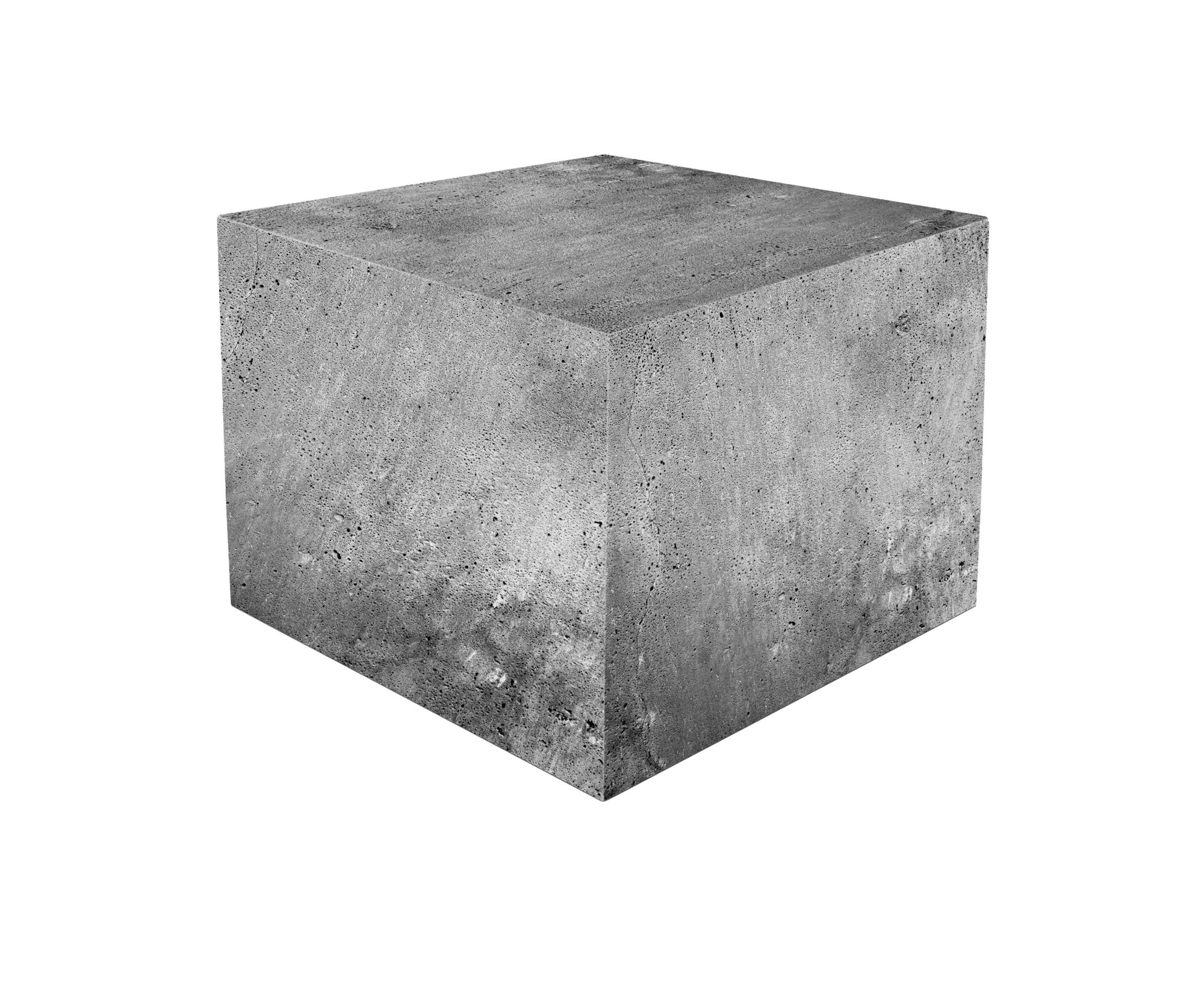E5® Nano Silica densifies and hardens concrete from within, creating a tougher, less permeable matrix that stands up to abrasion, chemicals, and freeze–thaw cycles. The result is longer service life, fewer repairs, and predictable performance in the harshest environments.

Internal curing and surface chemistry refine pore structure and raise surface hardness, helping floors resist traffic, impact, and dusting.
A tighter microstructure limits water movement and scaling, improving performance where de-icing salts and temperature swings are routine.
Densification slows ingress, supporting durability for pavements, bridge decks, wastewater, and industrial exposure zones.
Our admixtures and topical treatments enhance the physical and mechanical properties of concrete at the microstructure level. By refining capillaries and forming durable, insoluble bonds, E5® creates a denser, harder matrix that tolerates heavy traffic, chemicals, and weather—without extra curing steps or complex overlays.
Keep your team aligned, your data clear, and your deals moving forward. Everything you need to manage growth without second-guessing your next step.





Forklifts, AGVs, and hard-wheeled traffic grind down unprotected surfaces. Paste loss leads to dusting, raveling, and uneven wear that shortens finish life.
As texture increases and fines release, cleaning costs rise and safety/quality issues appear. Owners face frequent repairs, overlays, or slab replacement.

Water within a permeable matrix expands upon freezing, generating internal pressures that cause microcracking and surface scaling. De-icing salts intensify the damage.
Spalled, flaked surfaces require grinding and patching—and the underlying cracks become ingress routes for more cycles of damage.

Salts, sulfates, and aggressive liquids break down cementitious phases and weaken the near-surface zone. Chlorides accelerate reinforcement corrosion in decks and pavements.
Once chemistry compromises the matrix, performance and appearance degrade rapidly, forcing earlier-than-planned rehabilitation.

Without internal protection, the top few millimeters remain porous and vulnerable. Differential drying and finishing defects become long-term weak points.
These areas trigger dusting, efflorescence, and localized failures that propagate under traffic, inflating lifecycle cost and downtime.
E5® Internal Cure retains and redistributes mix water to drive more complete hydration, refining capillaries and reducing permeability. The denser matrix resists abrasion, chemicals, and freeze–thaw better than untreated concrete. It also supports more predictable finishing and early access.
E5® Catalyst (with Internal Cure) boosts pozzolanic reactions at the surface to form permanent, insoluble bonds. This builds an extremely hard, dense wear layer that stands up to heavy traffic and reduces dusting. The improved surface translates into longer-lasting finishes and lower maintenance.
E5® Shield penetrates and densifies, creating a harder, tighter surface that resists liquid ingress and salt attack. By limiting water and ion movement at the interface, it helps preserve appearance and structural integrity. Day-to-day cleaning becomes easier and more effective.
E5® Shot Cure is a viscosity-modifying, internally curing admixture that improves cohesion and reduces segregation/bleeding in shotcrete. The result is a denser, more durable placement for complex geometries like tunnels and retaining structures.
Pairing E5® Liquid Fly Ash with the system enables meaningful cement reduction while maintaining durability. Lower cement content reduces embodied carbon and variability from traditional SCMs—without adding curing steps or coatings.
E5® admixtures align with performance expectations used in durability specifications (e.g., ASTM C494 Type S for specific performance admixtures). Positioning against recognized guidance simplifies spec language and submittals for public and private work.
Permeability and penetration testing (e.g., DIN 1048-5 / BS EN 12390-8) demonstrate reduced water transport under pressure—critical for freeze–thaw, chloride exposure, and chemical environments. Surface hardness/density evaluations further confirm wear resistance gains.
Third-party evaluations and academic work on internal curing and densification support long-term durability benefits. Findings connect higher hydration and refined pore structure with improved resistance to abrasion, chlorides, and freeze–thaw cycles.
Follow TDS guidance for admixture rates (by cementitious content) and topical application coverage. Use trial mixes/mockups to tune for aggregates, cement chemistry, and climate; verify fresh properties and early strengths.
E5® components can be used together when sequenced correctly—add admixtures individually; apply topicals at the proper finishing milestone. Coordinate with air systems, SCMs, and finishing practices to maintain target durability.
E5® Durability Solutions address both new construction and rehabilitation where abrasion, chemicals, chlorides, or weather extremes challenge long-term performance. By densifying the matrix and hardening the surface, the system extends service life across floors, pavements, and structures. Owners gain fewer outages and lower lifecycle cost; builders gain predictable schedules and cleaner handoffs.
Design with clear performance language and data that support abrasion, chemical, and freeze–thaw resistance. E5® helps you meet durability targets without adding complex curing steps.
Testing paths and documentation streamline submittals and QA/QC, reducing risk from placement to handover.
Admixtures dose simply at the plant; results are stable and predictable at scale. Less jobsite tweaking means smoother placements and happier GCs.
Producers strengthen reputation by delivering durable, low-dust slabs that resist early failures.
Catalyst and Shield support a dense, uniform finish with reduced drag and fewer defects. Crews spend less time fighting surface variability.
The finished floor resists abrasion and dusting, reducing punch-list churn and rework.
Internal curing and surface chemistry remove extra curing steps and reduce rework. Projects hit milestones with fewer surprises.
Long-life floors and structures mean fewer callbacks, better client satisfaction, and cleaner closeout.
A denser, harder matrix stands up to traffic, chemicals, and weather—reducing outages and maintenance.
Cleaner surfaces and fewer failures protect operations and ROI across the asset’s life.
Facing abrasion, chloride, or freeze–thaw exposure? Share your project details and we’ll align dosing, sequencing, and spec language to deliver the durability you need.
2025 Copyright. All rights reserved. Site built with Sprocket Rocket & HubSpot. Privacy policy Terms